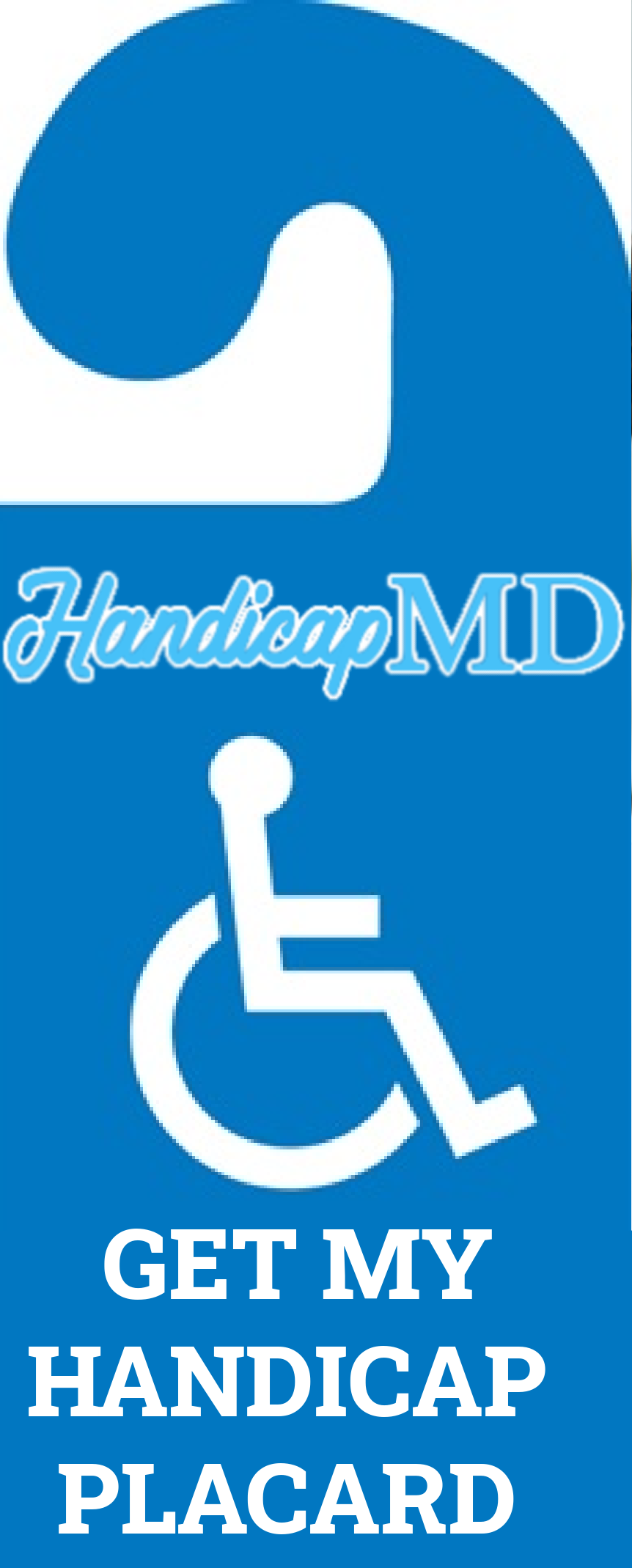
Good Information on Temporary Disabled Parking Permits
Temporary disabled parking permits are parking placards that allow people with disabilities to park in designated areas close to their destination.
Good Information on Temporary Disabled Parking Permits - Temporary disabled parking permits are parking placards that allow people with disabilities to park in designated areas close to their destination. The permit is valid for a certain amount of time, usually six months, and can be renewed if the disability is still present. To qualify for a permit, the person must have a verified disability and must complete an application with their local government. There are several reasons why someone might need a temporary disabled parking permit, including but not limited to having a broken leg or arm.
This guide will discuss all you need to know about temporary disabled parking permits, including applying for one and the rules governing its use.
Disabled Parking Programs and Qualifying Conditions
Disabled parking programs are a vital part of society, and they're necessary to help people with disabilities get around. There are a lot of different disabled parking programs in the United States, and each one is different. The first is the Disabled Parking Program, a federal program that provides parking placards and license plates to people with disabilities.
The second is the Disabled Parking Program for each specific state; this program provides parking placards and license plates to people with disabilities living in a specific state. These states include New York, California, Ohio, Maryland, Virginia, Texas, Illinois, etc.
Each state has its disabled parking program, and the state has the mandate to set its own rules and regulations. However, most of these rules are similar across the different states since the majority are drawn from the standard template.
The qualifying conditions for disabled parking permits vary from one state to another. However, the main qualifying conditions are similar throughout the United States. Here are the major conditions that qualify for a temporary disabled parking permit:
- You can't walk for more than 200 feet without stopping to rest.
- You can't walk due to a neurological, arthritic, or orthopaedic condition.
- You must use a portable oxygen tank.
- You can't walk without the aid of another person, wheelchair, crutch, cane, or a prosthetic device.
- You have a Class III or IV heart disease classified by the American Heart Association (AHA).
- You're legally blind or have total blindness.
- You have limitations to using one or both legs.
- You have a Neuromuscular dysfunction
- You have a lung disease that limits the extent you can walk; the extent of forced expiration volume is below one litre for one second when measured by a spectrometer or less than 60 mmHg arterial oxygen tension on room air rest.
Some states, although not all, allow temporary disabled parking permits if you have the following conditions:
- Recovering from an operation or injury
- Various cancers
- Pregnancy
- High sensitivity to sunlight such that sunlight exposure can cause a burning or rash
Doctor's Certification for Temporary Disabled Permit
To get a doctor's certification for a disabled parking permit, you must provide your doctor with proof of your disability. This can be in the form of a letter from your doctor or specialist or in the form of medical records. Depending on your disability, your doctor may also need to certify that you can't walk more than a certain distance or require assistance when walking.
The disability must be certified by a doctor, and the doctor's certification must be submitted to the local Department of Motor Vehicles.
Medical practitioners that can certify for your temporary disability vary from state to state. Generally, the following is a list of medical practitioners who are authorized to certify applications for disabled parking permits:
- Family doctors
- Certified nurse
- Physician
- Assistant physician
- Specialists in family medicine
- General practitioners
- Internists
- Paediatricians
- Geriatricians
- Neurologists
- Psychiatrists
- Chiropractor
- Optometrist
Your application for temporary disability can only be certified by a specialist if a specialist is treating your qualifying condition. However, since the list of medical practitioners that can certify you varies from state to state, it's crucial to confirm with your local DMV before completing your application.
If you're unsure whether your condition qualifies for a temporary disability parking permit, you can consult with your doctor.
Benefits of Having a Temporary Disabled Placard
Temporary Disabled Placard holders can park in any metered spot for the amount of time their placard is valid. They're also allowed to park in any spot designated for persons with disabilities, which includes parking spots with the international symbol of accessibility and spots that are wider or have a longer space to accommodate a wheelchair. In some cases, a Temporary Disabled Placard holder may also be allowed to park in a no-parking zone.
Temporary disabled placard holders are individuals who can't walk or have serious difficulty walking. These holders are issued a placard to park in designated areas for people with disabilities. The holder must be present when the placard is being used in the car.
Is My Temporary Disabled Parking Permit Valid in the Other States?
If you have a disability and a valid parking permit from your home state, you can use it in any other state with the same type of permit. The Americans with Disabilities Act (ADA) requires that all states offer some type of temporary disability parking permit.
What Duration Can I Use My Temporary Parking Permit?
How long the permit is valid varies from state to state. In most states, the permit is valid for a period of between one and six months. In some states, it may be valid for a longer period of up to one year. The permit must be displayed on the vehicle dashboard when used.
It's worth noting that the time frame for renewal of your temporary disabled parking permit is ninety days in a few states. Thus, it's essential to check your local Department of Motor Vehicle website to know how long your temporary parking permit is valid.
Temporary Disabled Permit Application Process
Once you have consulted with your doctor and know your temporary disability qualifying condition, you're set to start the application.
You can find the application from your local DMV office or online from the website.
Fill in all your personal details, including your name, address, and contact.
Next, your will need to take your form to your doctor for certification.
The last step is to submit your application, and you can deliver it in person or via mail. You're also required to pay any necessary fees during this step.
How Do I Renew a Temporary Disabled Placard?
The renewal process for a temporary disabled placard is similar to the application process. When renewing your placard, you'll be required to provide a new medical report from a certified medical practitioner indicating that your temporary disability still requires a permit. Good Information on Temporary Disabled Parking Permits
.png)






